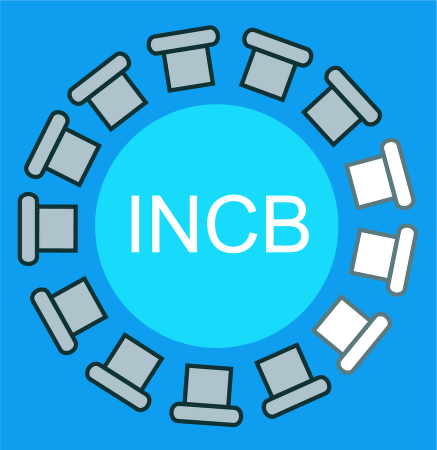New cooperation agreement between the Universal Postal Union (UPU) and the International Narcotics Control Board (INCB) sends message to drug traffickers to stay away from world’s postal services, while upholding efforts to protect people’s health
Berne, 19 April—“We face a growing public health crisis due to synthetic opioids and other highly toxic substances and UPU is proud to work alongside INCB to protect postal employees, and the health of people everywhere,” UPU Director General Ambassador Bishar A. Hussein said today.

Ambassador Hussein was speaking at a signing ceremony for a cooperation agreement between the two organizations and attended by the INCB President Dr. Viroj Sumyai. The ceremony was held at UPU’s Berne headquarters during a session of the Postal Operations Council.
“Today’s global drug landscape is far more complex and challenging than 30 years ago, when the last international drug control treaty was signed. Now there is a specific urgency to stem the increasing illicit flow of deadly fentanyl-related substances wherever they are encountered,” said Dr. Viroj Sumyai, in remarks made at the signing ceremony.
The new agreement takes place against a spiralling epidemic in overdose deaths fuelled by powerful fentanyl-related substances that can be 50 times more deadly than heroin.
In the United States, in 2016, there were 64,000 overdose deaths with the steepest increases in mortalities involving fentanyl and fentanyl-related substances.
Concerns exist that the Internet and anonymous cryptocurrencies are enabling people to purchase toxic opioids and other highly toxic substances.
Postal Services are unwittingly delivering the substances leading to fears over postal worker safety due to possible contamination.
The UPU/INCB agreement responds to these challenges by promoting technical assistance and training designed to increase cooperation against trafficking and improve the detection and seizure of these substances.
UPU and INCB will also share information on trends and patterns in drug movements, specific INCB intelligence on known sources of dangerous chemicals, as well as information and alerts on concerned substances.
“Our partnership with INCB sends a strong message to drug traffickers—stay away from the Posts,” said Tripp Brinkley, UPU’s security manager. “Synthetic opioids, including fentanyl, carfentanil, and other toxic substances, are a direct threat to the safety of the postal supply chain,” he added.
Asked about INCB`s work, Matthew Nice, manager of the OPIOIDS Project said, “The thousands of potential fentanyl analogues and the dangers posed from their high toxicity necessitate UN agencies and private partners to engage in practical actions to ensure that the men and women in the postal services, regulatory, law-enforcement and other first-responders at risk of exposure can safely carry out their functions and serve their communities.”
UPU was founded in 1874 and joined the UN system as a specialized agency in 1948. Its mission is to facilitate communication by guaranteeing the free circulation of postal items over a single postal territory composed of interconnected networks, and by encouraging the adoption of fair common standards and the use of technology to improve postal services.
INCB is the independent, quasi-judicial monitoring body for the implementation of the United Nations international drug control conventions. INCB is mandated to ensure that adequate supplies of drugs are available for legitimate uses, that diversion of drugs from licit sources into illicit channels does not occur, monitor controls over chemicals frequently used in the illicit manufacture of drugs, and assists in preventing the diversion of those chemicals into the illicit channels.
